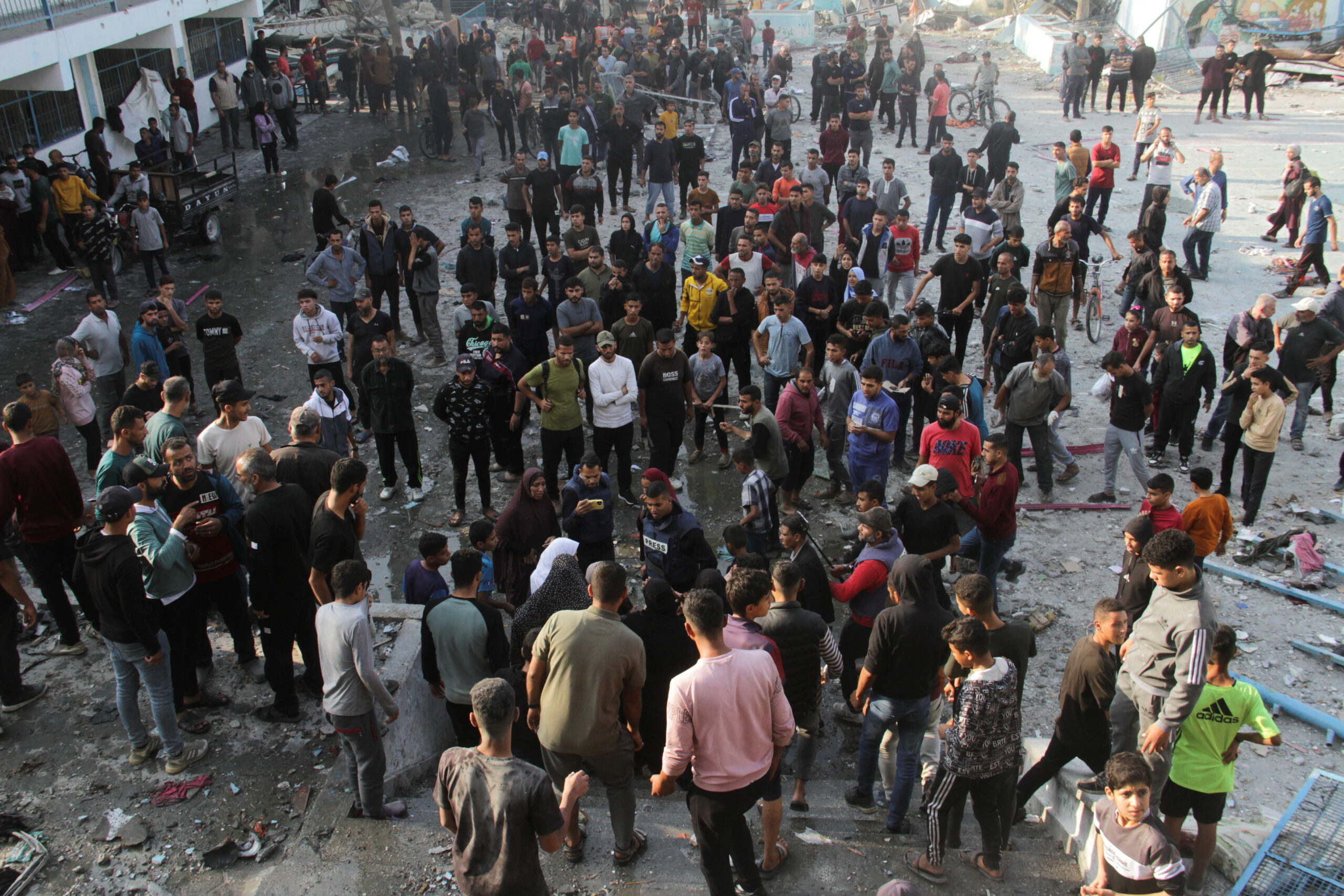In Aramoun, Lebanon, the devastating impact of Israel’s war against Hezbollah is evident as recovery efforts reveal the tragic toll on children, with over 231 reported dead and 1,330 injured. The ongoing violence has displaced around 400,000 children and exacerbated existing hardships in a country already grappling with economic crises. Amidst the destruction, stories of survival emerge, such as that of 2-year-old Ali Khalifeh, who was rescued after being trapped under rubble but faces a long road to recovery after losing his family. The psychological scars and physical injuries inflicted on children are profound, with many struggling to cope in overcrowded shelters and facing uncertain futures as aid agencies warn of a “lost generation.”
Editor’s Note: The ongoing conflict in Lebanon underscores the long-term implications of war on future societies. The trauma experienced by young survivors not only shapes their immediate psychological well-being but also has the potential to create a cycle of violence and instability that can persist for generations.
As children grow up amidst destruction and displacement, their formative experiences are marked by loss, fear, and uncertainty, which can lead to increased rates of mental health issues, social dislocation, and a diminished capacity for empathy and cooperation. This “lost generation” may struggle to contribute positively to society, potentially perpetuating a culture of resentment and conflict. Furthermore, the economic hardships exacerbated by war can hinder educational opportunities and economic mobility, leading to broader societal challenges such as poverty, crime, and political extremism. Ultimately, the repercussions of war extend far beyond immediate casualties; they sow the seeds for future.
Read Original Article
Read Online
Click the button below if you wish to read the article on the website where it was originally published.
Read Offline
Click the button below if you wish to read the article offline.
